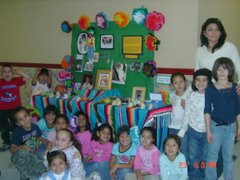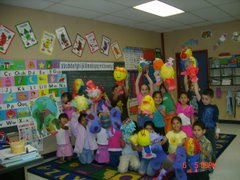Discuss the role of emotional language in your L1 and L2. Which language is emotionally richer. As your learners acquire (participate?) in their new speech communities do you see a change in their emotional language behavior.
Definitally my emotional language is my L1, Spanish, everything that has to do with the heart or religion I do in L1. However, like I mention in class I am very passionate about our social issues with immigrants and second language learners, and I don't know if is because the audience that I want to reach are English speakers, is why I relate this part of my life more to L2. Or on the other hand, maybe because all my academic learning about bilingual education and immigration issues has been in L2 is easier for me to express my thoughts and feelings in that language.
I can see my students in the classroom, when they are talking about family and things that are close to them, they use their native language, but when they will talk about a subject that is not directly related to them, they use the language that they were expose to the subject in. For example, Spanish speakers, if they will talk about going to visit grandmother, and family reunions they will talk in Spanish, but if they will talk about the movie Spiderman, they do it in English, even when they know how to say it in Spanish. As I mentioned before, language is our identity, but that doesn't mean that we cannot relate interesting and emotional issues to both or all of our languages. I think this is as brown presented in the book, there are several factors that contribute and influence the use of L1 or L2, not necessarly because I want to talk about a topic I have to exclusevely use certain language. That is the beauty of bilingualism, been able to communicate in whatever we feel comfortable with and when we need to.
Subscribe to:
Post Comments (Atom)
.JPG)




No comments:
Post a Comment